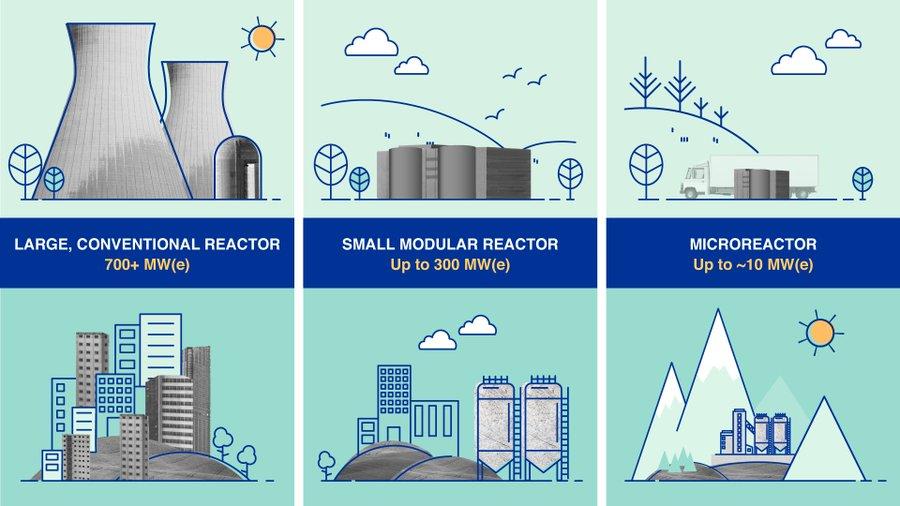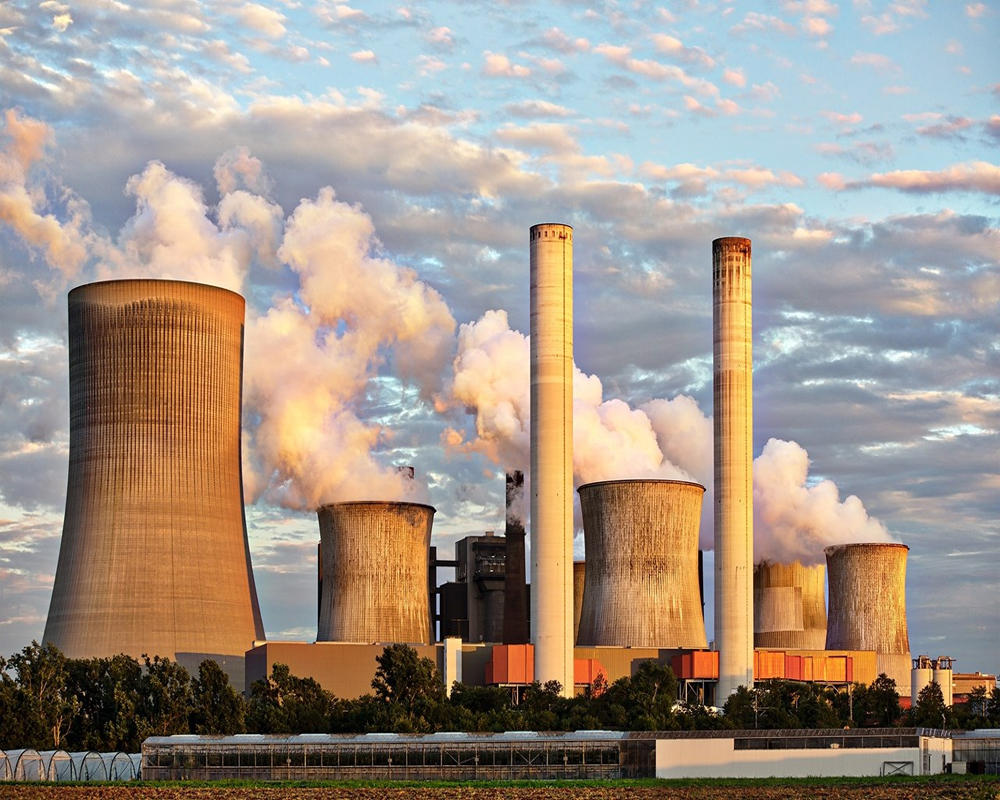India’s first indigenously developed 700 MW nuclear power reactor at the Kakrapar Atomic Power Project (KAPP) in Gujarat has successfully commenced commercial operations, marking a significant milestone in the country’s nuclear energy sector. The reactor, known as KAPP-3, began operating at 90 percent of its total power capacity on June 30, 2023, as confirmed by a senior official from KAPP.
Commissioning Progress at KAPP 4

Alongside the successful launch of KAPP-3, various commissioning activities are currently underway at KAPP 4, another domestically built 700 MW pressurized heavy water reactor (PHWR) at the Kakrapar site. Officials report that KAPP 4 has achieved a remarkable progress rate of 96.92 percent as of May.
Expanding Nuclear Energy Infrastructure
The Nuclear Power Corporation of India Limited (NPCIL) is spearheading the development of two 700 MW PHWRs at Kakrapar, which is already home to two 220 MW power plants. The NPCIL has ambitious plans to construct a total of sixteen 700 MW PHWRs across the country and has received financial and administrative sanction for the initiative. Construction work is currently underway at Rawatbhata in Rajasthan (RAPS 7 and 8) and Gorakhpur in Haryana (GHAVP 1 and 2) to establish 700 MW nuclear power plants.
Fleet Mode Development of PHWRs
In a significant boost to India’s nuclear power capabilities, the government has sanctioned the construction of ten indigenously developed PHWRs in fleet mode. These reactors will be built at four different locations: Gorakhpur in Haryana, Chutka in Madhya Pradesh, Mahi Banswara in Rajasthan, and Kaiga in Karnataka. This fleet mode approach aims to expedite the establishment of nuclear power plants and enhance India’s energy capacity.



 Indian Olympic Medal Winners List Till N...
Indian Olympic Medal Winners List Till N...
 Who is the Inventor of the Gramophone?
Who is the Inventor of the Gramophone?
 HS Dhaliwal Appointed New DGP Of Andaman...
HS Dhaliwal Appointed New DGP Of Andaman...
